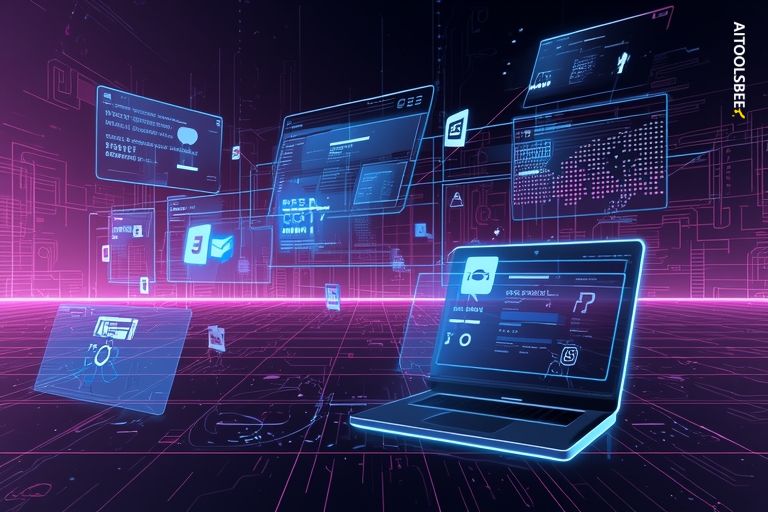
Grammarly Rebrands as Superhuman, Aiming to Revolutionize Productivity Tools
Grammarly, previously recognized for its AI-driven writing assistance, is undergoing a major transformation by rebranding as Superhuman, reflecting broader trends in artificial intelligence and aiming to redefine productivity tools for modern professionals.
After sixteen years in the market, Grammarly is charting a bold new course by rebranding as Superhuman. This transformation is not merely cosmetic; it integrates major tools—Coda, Grammarly, and Superhuman Mail—into a single, unified platform. The company's goal is clear: to establish itself as a comprehensive 'AI-native productivity platform' with ambitions to rival the likes of Google Gemini, Microsoft Copilot, and ChatGPT.
At the center of this revamped offering is Superhuman Go. Unlike many digital assistants that require users to change their habits, Go adapts to existing workflows. According to chief product officer Noam Lovinsky, this proactive AI layer operates discreetly across more than one hundred applications—ranging from Google Workspace to Outlook and project management tools like Jira. The experience is designed to be seamless: while composing an email, Go can automatically pull data from your CRM, summarize recent tickets, and draft messages attuned to your personal style. During meetings, it recalls previously discussed topics, offers intelligent follow-ups, and can even schedule appointments based on participants' availabilities.
This new chapter for Superhuman organizes its tools into four primary pillars. Beyond simple grammar checking, the platform harnesses three classes of AI agents—smart connectors, specialized writing agents, and external partners such as Quizlet or Fireflies. Developers can also expand the ecosystem through a dedicated SDK now in closed beta.
On privacy—a perennial concern—the company's leadership emphasizes that user data will remain private and under customer control, with no commercialization of personal content. For existing subscribers, all new features will be available at no extra charge until February 1st, 2026. After that date, access to Superhuman Go may require additional payment.
Ultimately, this relaunch signals a decisive move towards predictive and interconnected AI capabilities—seeking not only to streamline workdays but also to dissolve boundaries between email, documents, and meetings in the digital workplace.

From rising startups to breakthrough innovations, she connects the dots across the global AI ecosystem.

